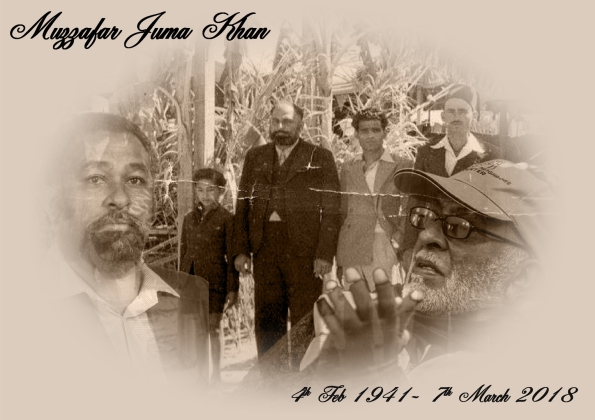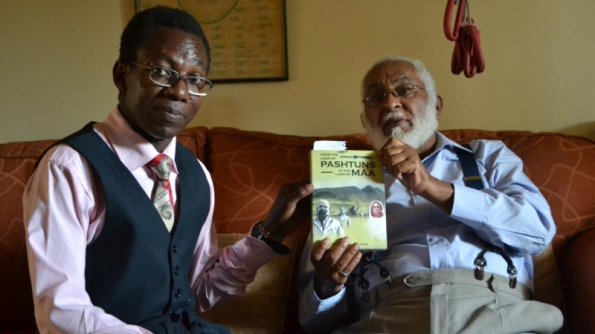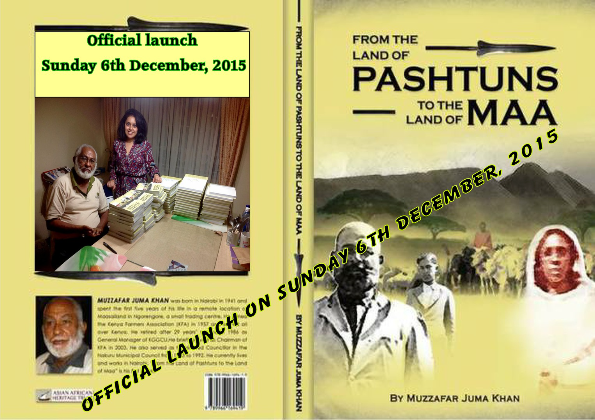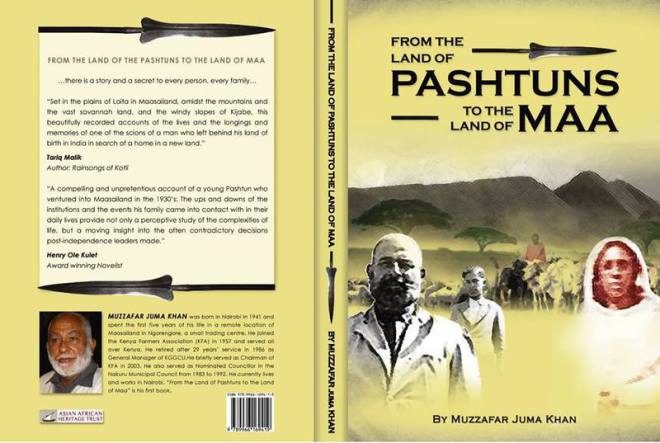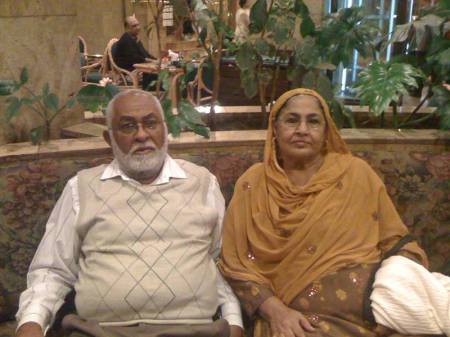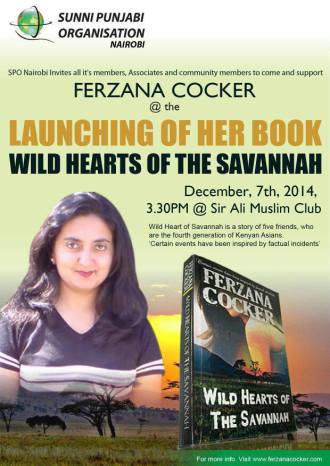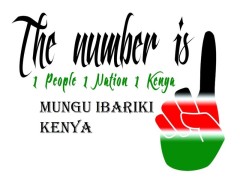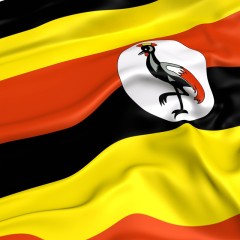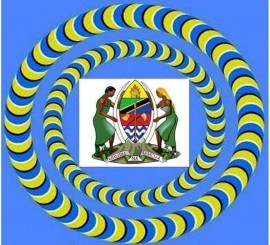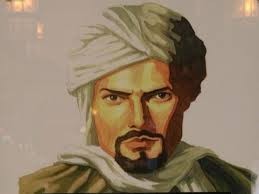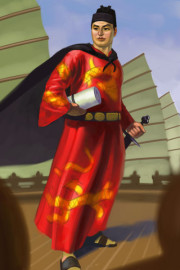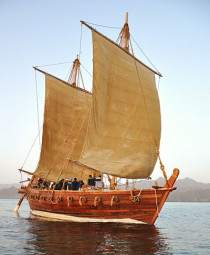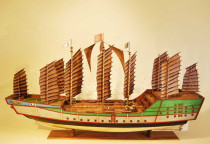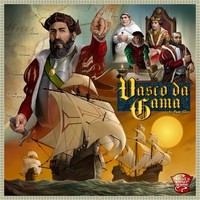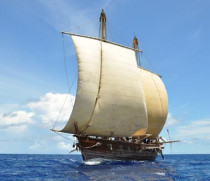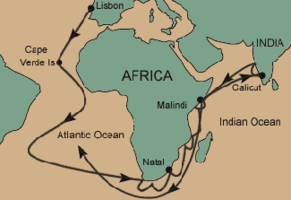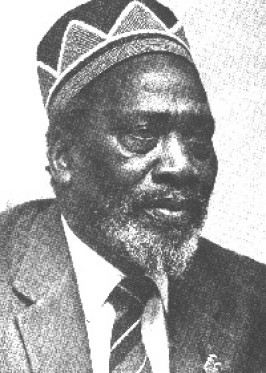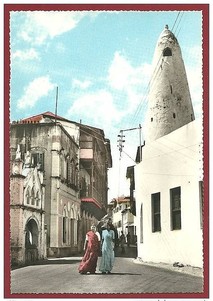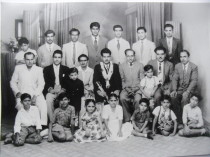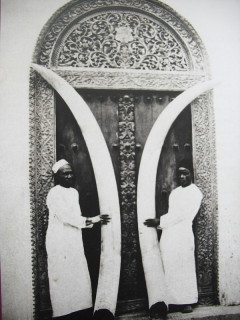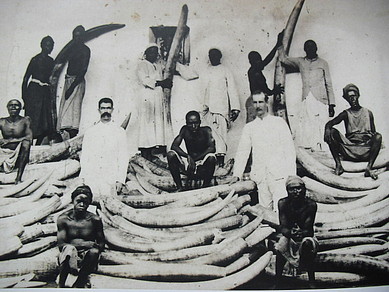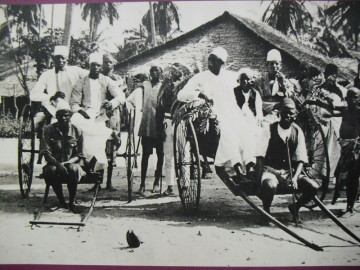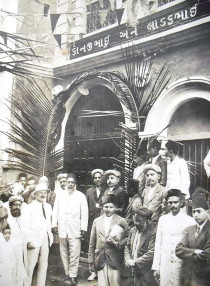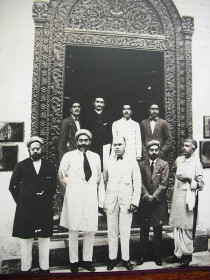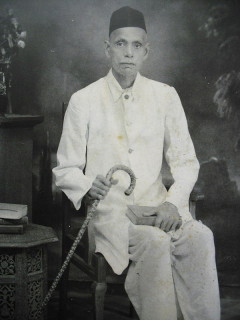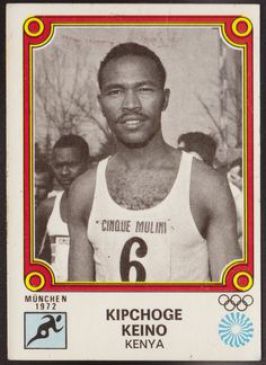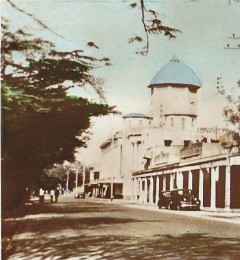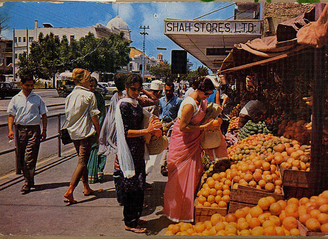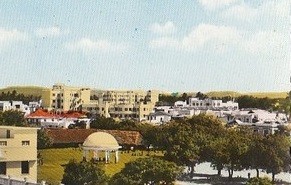The Late Mr Muzzafar Juma Khan
4th Feb 1941- 7th March 2018
Photo credit to Tanvir Ali and Feisal Malik
No one can prepare one for a loss; it comes like a swift wind. However, take comfort in knowing that he is now resting in peace … Inna lillahi wa inna ilayhi
raji'un: إِنَّا لِلّهِ وَإِنَّـا إِلَيْه&a. إِنَّا لِلّهِ وَإِنَّـا إِلَيْهِ رَاجِعونَ., our deepest condolences to you all and to all his close family members, what an icon of a figure of a man
he was, he inspired us all, his legacy will forever be etched in our individuals hearts for ever and for whatever reason/s one had experienced.
I shall miss my elder brother immensely, he, who stood by his principles firmly without prejudice no matter what, what a perfectionist he was too.
The Late Mr Muzzafar Khan introduced me personally to environmental and many other campaigns that we worked on together in helping people in whatever and where
ever we possibly could.
A gentle, hardworking and a highly intelligent individual who possessed so much knowledge in many different subjects across the board in whatever one would want to carry out a discussion/s
over.
Mr Muzzafar Khan was always out and about helping different campaigns and causes, he never ever thought inherently about
himself but always for the betterment of others, a free soul indeed, his recent devoted trip to the UK sums him up, even though he was not distinctly well, but made a huge ardent effort in appearance
and made contribution where possible through the help of close friends and family members.
Mr Muzzafar Khan had many highlights of his career as well as living his decent life that he so much loved, he was
a very respectful, a dedicated family man. Mr Muzzafar Khan had many highlights during his long career too as well his life achieving ambitions; he was
a very dedicated respected family individual and he immensely loved people of different back ground around him, a colourful man with fantastic capabilities indeed, I could go on and on talking about
this great individual, who I so looked up to and shall miss…
May Allah allah subhanahu wa ta'ala bring you all comfort during these hard times in your lives. Our hearts and prayers go out to you all and especially to his immediate family.
Finally, If you really want to know more about this fantastic learned individual, below is one of his pride and Joy, all in his
factual literary hard work, an author of “From the Land of Pashtuns to the Land of Maa” the least we can do is dedicate a page to our late brother Muzzafar Juma Khan on our website..
6 November 2015
It most certainly is a privilege to review “From the land of the Pashtuns to the land of Maa”, this riveting book is a rollercoaster in many senses, it takes us through the historic facts when influx of many Indians during the turn of a new century sought to start a new life in East Africa and how people seasonally crossed the Indian Ocean in Dhows to get to the land of Zeng, the East African Coast. A true epic in terms of parallel life, for those who have come from a similar back ground. It truly is a magnificent story set in remote maasailand in Ngoengore a small trading centre where by Mr Muzzafar Khan's father, the late Juma Khan made his home after internal family feud, and had come with nothing, it takes us through so many different accounts of the colonial era in Kenya, including the Mau Mau period which took place in the midst and heartland of white colonial farmers where he was located. Little did he know; that in the near future his own son in Mr Muzzafar Khan will be rubbing shoulders with the upcoming future leaders of Kenya through his 29 years of services with KGGCU. Enjoyed it immensely and certainly recommend it Mr Ebrahim Sodha.
https://www.amazon.co.uk/land-Pashtuns-Maa-ebook/dp/B017LXEUUO
The Books Café with Muzzafar Khan on Asian-African heritage
http://www.kbcenglish.co.ke/index.php/the-books-cafe-with-muzzafar-khan-on-asian-african-heritage/
Click above
Click above for your copy
BOOK LAUNCH AND CELEBRATING THE YEAR 2015 at the National Museum of Kenya on
Sunday 6th December 2015-PROUDLY SPONSORED BY THE ASIAN AFRICAN HERITAGE TRUST-THE ASIAN WEEKLY-FESTIVAL OF FRIENDSHIP. High resolution photos slide show for viewing on I Pad, Desk top and
PCs.
From the land of the Pashtuns to the land of Maa
It most certainly is a privilege to review “From the land of the Pashtuns to the land of Maa”, this riveting book is a rollercoaster in many senses, it takes us through the historic facts when influx of many Indians during the turn of a new century sought to start a new life in East Africa and how people seasonally crossed the Indian Ocean in Dhows to get to the land of Zeng, the East African Coast. A true epic in terms of parallel life, for those who have come from a similar back ground. It truly is a magnificent story set in remote maasailand in Ngoengore a small trading centre where by Mr Muzzafar Khan's father, the late Juma Khan made his home after internal family feud, and had come with nothing, it takes us through so many different accounts of the colonial era in Kenya, including the Mau Mau period which took place in the midst and heartland of white colonial farmers where he was located. Little did he know; that in the near future his own son in Mr Muzzafar Khan will be rubbing shoulders with the upcoming future leaders of Kenya through his 29 years of services with KGGCU. Enjoyed it immensely and certainly recommend it.
https://www.amazon.co.uk/review/RJR3GHC5Q8UIE/ref=pe_1572281_66412651_cm_rv_eml_rv0_rv
Welcome to Muzzafar Khan Page
From the Land Of Pashtuns to the land of MAA
Please click below on more information about the book
Please click on link below for Facebook "Like"
https://www.facebook.com/pages/Muzzafar-Juma-Khan/1389766041311113?ref=profile
-----------------------------------------------------------------------------------------------------
AWAAZ
From the Land of Pashtuns to the Land of Maa
About the Author
On my first trip to Africa, I choose to visit Kenya. This choice I made due to a friendship I established with Muzzafar Khan through the www.HazroCity.com and this was so because I found out that he
had his family roots in Daman (Hazro) which is close to my hometown in Pakistan.
On arrival in Nairobi and on meeting with Muzzafar Khan I was captivated by his oral account of his father who left his home at the tender age of 18 to venture into Kenya, a land thousands of miles
away from his land of birth (Daman, Hazro), in search of new opportunities. This only child of his parents, Juma Khan came to this unknown part of the world as a lone person and due to his good
nature it was not long before he made many friends, both from Chhachh and also other parts of Punjab in Pakistan who had settled in Kenya before him.
Through sheer hard work and determination he ventured into business in Naruk district which is remote part of the country, inhabited by the people of Masaai
ethnic origin who were known to be great warriors. Over the years until his death in 1980 he succeeded in both his business and working life and also on the family front. He was blessed with eighteen
children through his polygamous marriages.
His eldest son Muzzafar Khan also inherited some of his father attributes that include hard work, honesty and family values that have had a positive impact on his life. He worked for 28 years in his
first job with Kenya Formers Association starting as a joiner clerk and staidly rising through the ranks to become the General Manager and Chairman of the same Organization. He has also served as a
nominated councilor in Nakuru Municipal Council, the third largest city in Kenya. He has also served as the Director General of Supreme Council of Muslims in Kenya for a period of 12 years including
being a council member and chairman of Agricultural Society of Kenya central rift branch in Nakuru. He also served for 10 years as a member of the Board of Governors of Nakuru High School which is
one of the national schools in Kenya.
During his long services with K.F.A. he served on many committees in the Ministry of Agriculture namely Nakuru District Agricultural Committee, Rift Valley
Provincial Agricultural Committee and the Central Agricultural Board in Nairobi.
I consider my decision to visit Kenya, a blessing and a privilege for having met Muzzafar Khan and his family and I am proud to learn that people from my home area have contributed greatly to the
socio economic life of Kenya and have lived happily in this far away land which they adopted as their home and not forgetting their emotional and cultural links with Chhachh valley.
By YASIR AMIN
Prof. Fayaz Khan
Capital University of Economics and Business
BOOK REVIEW.
In the book “From the Land of the Pashtuns to the land of Maa” we find an engaging and consummate narrator in Muzzafar Khan, a natural storyteller not encumbered with the
conventional modes of storytelling. This book is his story and he has set about to tell it in a manner that can best be described as being in the style of a rousing fireside chat.
The book encompasses over eighty five years of the author’s family history in Kenya, and is told in a mostly linear, albeit sometimes frenetic manner; constantly weaving in and out of different eras
and locales, at times rushing through a listing of names, places, events, and eccentric figures at a breakneck pace, while at other times slowing down and pausing to reflect and pay attention to
interestingly quaint and attentive observations such as the precise registration plate numbers of the cars that passed hands within the family, or when the author takes liberty to go off on a tangent
to fully flesh out a character and ends up giving the reader an insight into the antiquated hunting laws in place in those times.
In the opening chapters of the book a brief history of the early colonial settlement community in Kenya is laid out together with interesting yet relevant segues into the histories of India and
Pakistan at the turn of the 20th century. This sets the scene for the arrival of Juma Khan, the patriarch of the family, whose singular ambition to find a better life for himself and his family
establishes the early theme of the book.
What the writer understands and is able to clearly convey is that the story of his father, Juma Khan, is not just the story of one man, but rather it’s the archetypical story of the early Asian
immigrant experience in Kenya.
Not content with recounting his memoirs in a by-the-numbers fashion, the author seems to have roped in a cast of thousands in telling his story, a remarkable testament in itself to the author’s sense
of recall and memory.
Personalities abound on each page, some seemingly only transitory to the story’s progression and are mentioned in passing only for the author to double back on in later chapters and provide a second
act for them, revealing an ever deepening extent of the interactions and influences they would have upon his life. It would seemthat, in a way, everyone in the early Kenyan Asian community was
inevitably connected to everyone else.
Each of the people we encounter has a story behind them. The author has not neglected to tell us where they originally came from, how and why they got here, and in what manner was their contribution
to the early history of Kenya. While it is generally assumed that most of the early Asian immigrants were laborers with peasant backgrounds who came to build the railway; the author, whose research
displayed in the book is impressively exhaustive, often presents us with several peculiar origin stories that makes the early Punjabi community of migrants appear even more colorful than what has
previously been assumed.
For instance when chronicling the person of Noor Dad Khan we learn that (allegedly) “… Ajibullah Khan was believed to have been engaged in a feud with members of Noor Dad’s clan in India…a council of
elders (the Jirga) had then selected Noor Dad Khan to look for him in Africa and carry out the [revenge] sentence.”
Muzzafar Khan, being a man of abundant personality and an inquisitive mind takes on interesting detours and diversions in telling his story. This is evidenced by the inimitable blending in of the
major themes of the bookwith his own personal passions. Recollections of living amongst the Maa people, growing up in a large polygamous and mixed heritage household is effortlessly interwoven with
the writers interest in religious discourse, his fascination with aviation, his love for motorsports, or his need to properly address the issue of an Afro Kenyan social Identity. It is not strange at
all to find a passage in which one moment the reader is being informed of the remarkable similarities between the Maasai and Punjabi term for elderly brother (Apaiya / Paiyya), and a few moments
later to encounter an interesting tidbit about the Qaddriya Sufi sect in Islam.
The accounts and exploits of the early Asian communities in the stories relayed in the book prove to be anything but dull. There are stories of hardships encountered, family feuds, tragedies borne
with tough stoicism, business ventures into unknown territories, social relations with both the local and white settler communities, and even the occasional arguments that escalate into gun wielding
and knife baring challenges. The stories are brought even more to life by the inclusion of several aged, and black and white photographs of some of the characters that are included in the book. There
are pictures here of swarthy mustachioed men with stern features, traditionally attired chador cladded women, family portraits with children in the double digits, and in one or two interesting cases
a loin clothed Asian individual completely at ease in his rustic rural Kenyan homestead.
The later parts of the book acquires a more somber tone as the writer delves into the intriguing saga of the history, evolution and eventually the demise of the Kenya Farmers Association (KFA). This
was an organization at which the author spent twenty six years of his life as an employee. Muzaffar Khan’s rise from a simple clerk to Managing Director is a remarkable tale in and of itself, however
he is not content with consigning the downfall of the KFA to a mere footnote. With an insider’s knowledge of the events that led to the organizations downfall, his rendering of the events makes for
captivating reading that is at once both illuminating and incendiary.
The sense of loss and disappointment at the ruin of this once illustrious institution is palpable and clearly conveyed by the writer. It is not just dismay at the financial collapse of the
institution that irks the writer but the callous unconcern for the institution’s place in Kenya’s history, as is highlighted in an incidence involving the portrait of an early-era chairman. This
theme of decay and disregard for the past is not confined to just the KFA. The writer mentions how he undertook to revisit many of the places where he grew up, when writing this book. The picture
painted is often not cheery as many of these places have deteriorated and fallen into ruins.
One wonders, could this be the reason why the earlier part of his book is so replete with the countless names and biographies of other early generation Punjabi settlers? Not much has been recorded
about these brave young men and women by the way of their personal stories in the past and he knows only too well from experience the ease with which their histories too could sink into impotent
obscurity just as the KFA did.
This is not so much a book about the re-telling of history or an expose into the failings of a government institution. It is about the preservation of memory and an attempt to pin down all those
memories into a tangible understanding of the author’s own history and identity. In the end what has emerged is the story of a life fully lived and it has been told in a candid, personal and
dignified manner in this sprawling and moving memoir.
Book Synopsis
Wild Hearts of the Savannah is the story of five friends, who are the fourth generation of Kenyan Asians. Farah, the central character, is incredibly beautiful and best friends with Qaiz, who is secretly in love with her but hesitates to admit it. The group of friends, continue to indulge in colourful social activities, including festivities, safari, and exploration of the wild African savannah.


